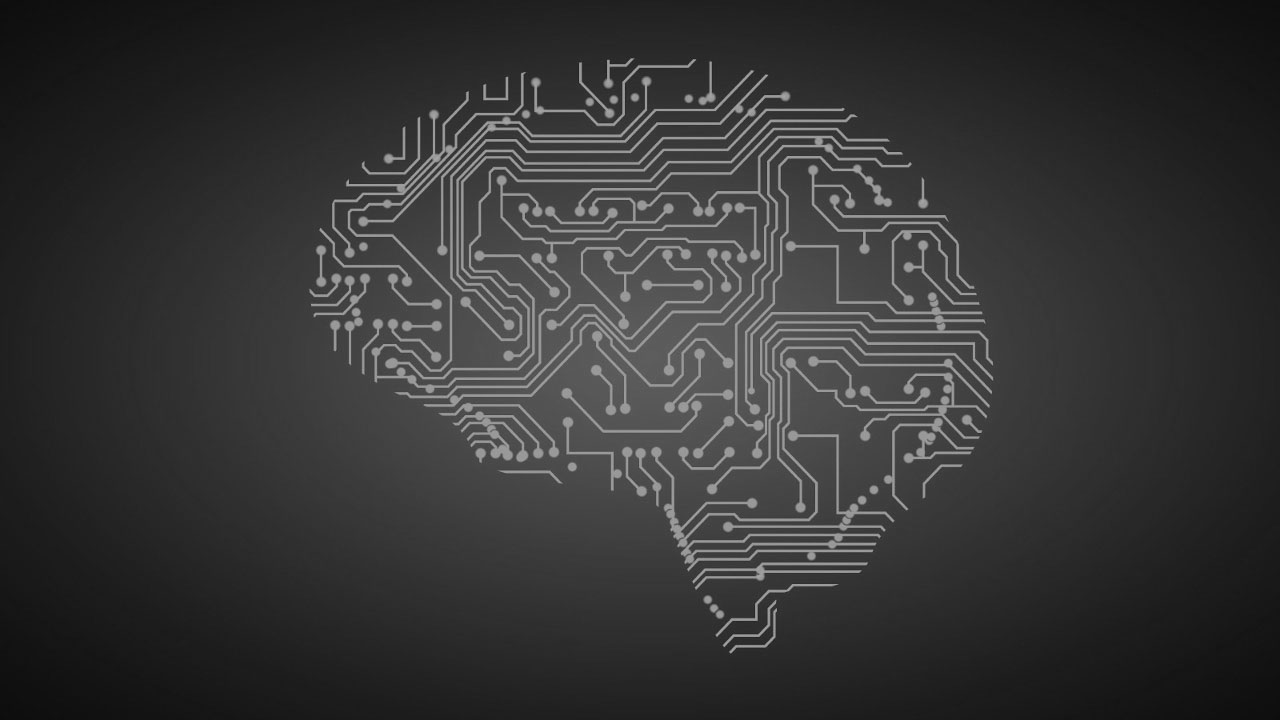
From speed to smart through co-creation
From speed to smart
One of the key concepts of Industry 4.0 is the real-time connection of information. This allows us to bring the right information towards to right people in the right context. Therefore, in the past two years, Ometa has realized a project at Duracell in which we consolidate information coming from several islands into web portals for the shop floor operators.
Unique about these portals is they are two-way. Operators can request information and they even get access to write back to the different underlying systems. These are systems and applications where they did not have access to before. Nowadays, the SAP, Proficy, Inifinity and Cimplicity systems are accessible for everyone via user-friendly portals. This real-time connection of the shopfloor speeds up the information and communication flows (read the customer case here). So now that we have gained speed, we should also become smarter. To optimize the information flow even more, Ometa and Duracell started a new challenging project in September 2017.
Smart technology for exciting projects!
Several parties (like Devoteam and Reniver) have joined forces into what has become a co-creation project. The goal of the project is to create a digital twin for each individual battery. Why? Because by clustering all the data during the whole life cycle of the production process, you get an instant view on all the related information of a specific product, such as its bill of material, suppliers, raw materials, routing lines, production teams, and so on.
This allows Duracell to test its batteries per individual piece. The results of these tests then classify the products. Consequently, when products are rejected, we can do a trend analysis on all the captured data. Next, we try to find relations between these trends and the current settings of a production line. The latter means that we are also able to capture data coming from machines thanks to our new OPC UA connector. Trends based on knowledge from the past can identify potential quality issues due to machine settings, inaccurate handlings or storage issues. The ultimate goal is that Duracell is able to make predictions about the quality of products while they are still on the production line.
Human data analysts are unable to analyze this large amount of data points. Not only the large data set, but also the high speed at which data is processed, requires the help from machine learning techniques. More specifically, supervised learning will help to discover which trends and settings repeatedly appear when erroneous products are being produced. During the production of a new batch of batteries, algorithms can indicate when there is a higher chance for errors or quality issues by making all parameters intelligible.
This means that predictive quality adjustments can be made whenever the risk for quality issues is high. In the end, a Digital Smart Assistant will be able to help the field operators in optimizing the production process by anticipating future actions based on previous learnings.
Smart technology needs smart developers!
In order to realize the Digital Smart Assistant, we are currently adding new technology to the Ometa framework that is able to manage the complete digital representation of a product. By creating interfaces towards AI environments and thanks to our recently added OPC UA connector, Ometa is able to disclose data coming from machines and to combine this with data from business applications. This is truly a huge enrichment of our software and the potential for other manufacturing companies is high.
For the further development of our smart technology, the Digital Smart Assistant project an the worldwide roll out of our product, we need smart developers, functional analysts and project managers. Are you looking for an exciting new challenge in a fast-growing software company? Then be sure to check out our career opportunities!

